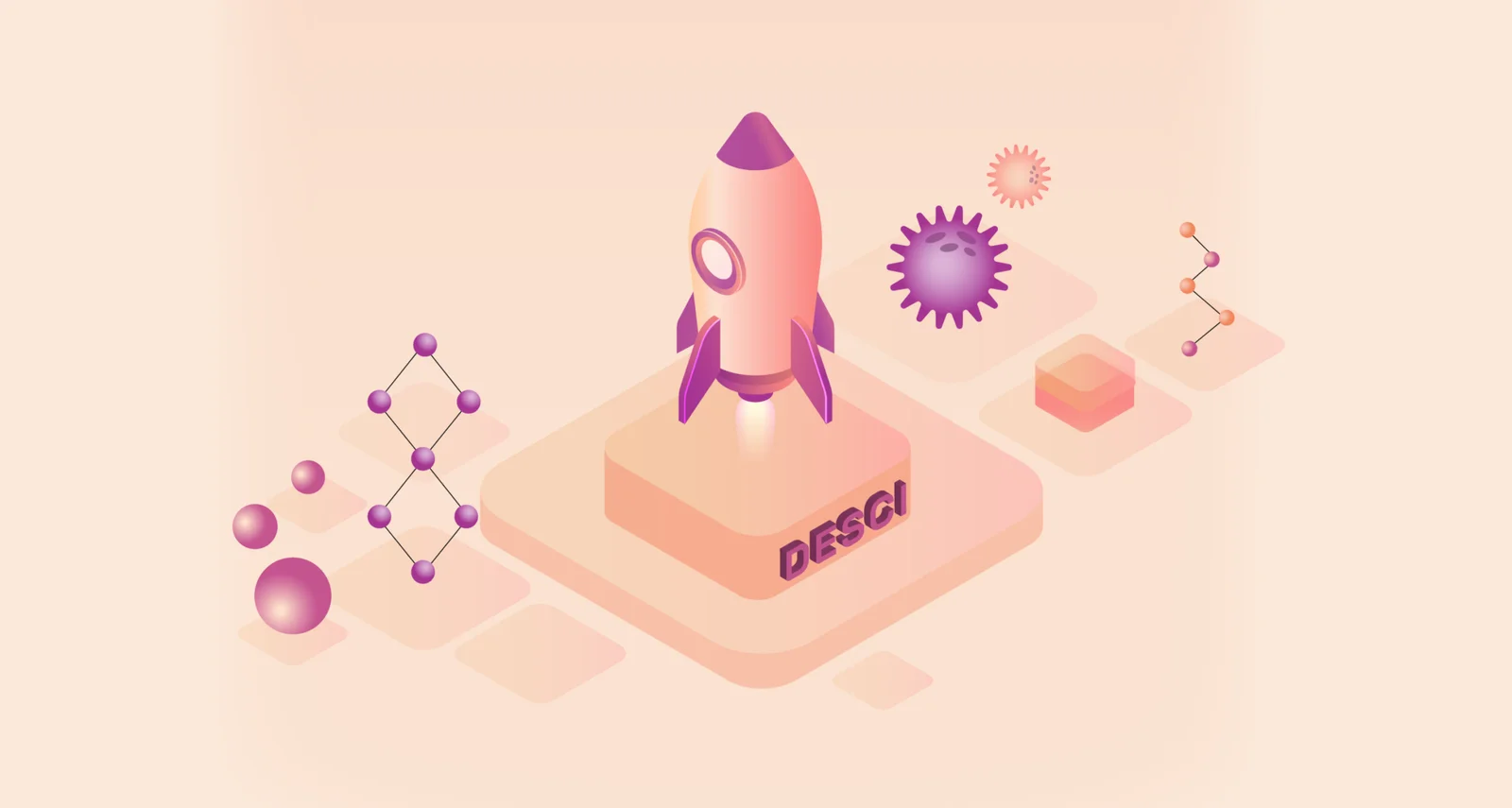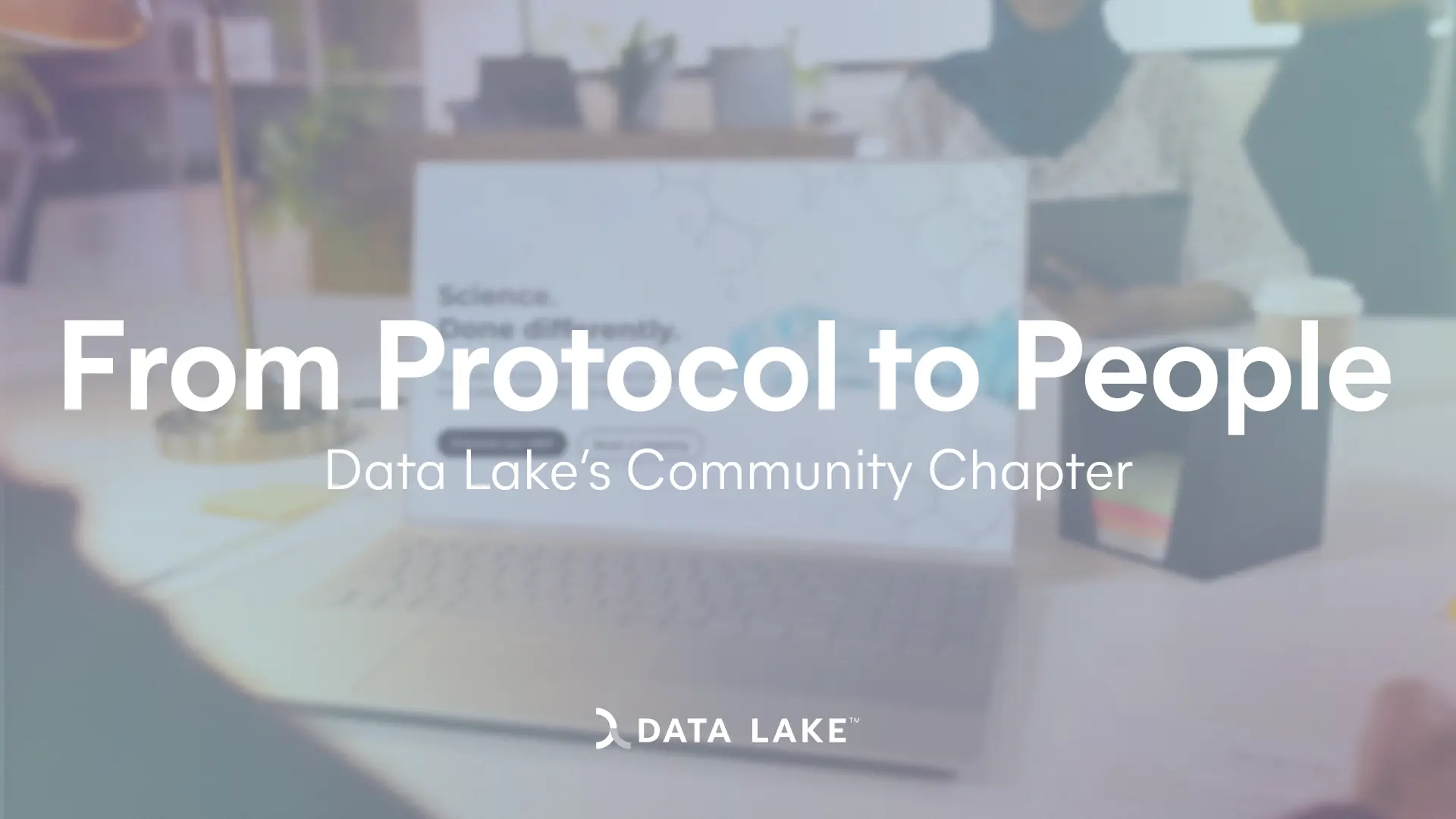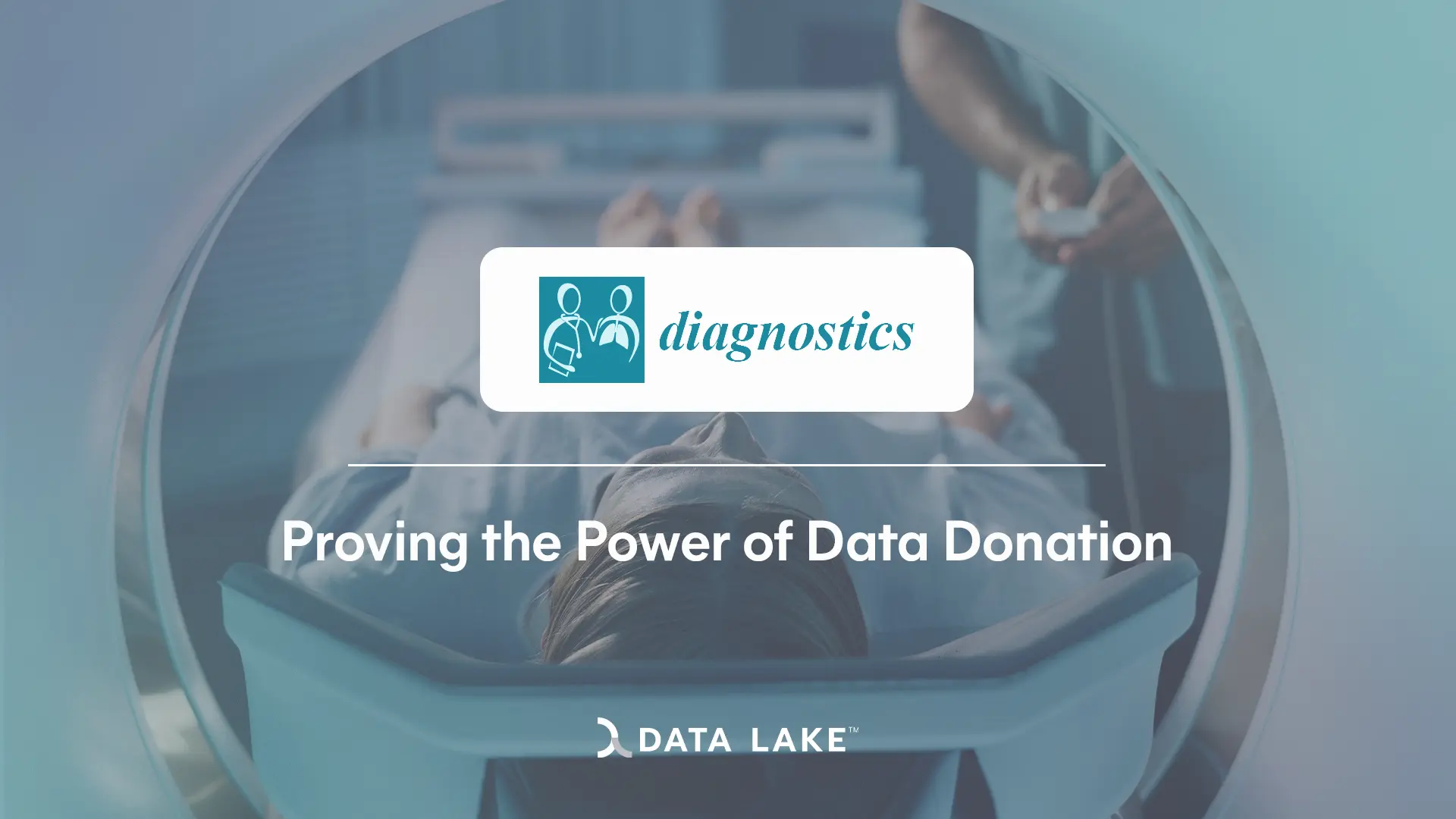In recent years, more and more scientists and entrepreneurs have been using blockchain, smart contracts, and tokens to improve modern science. This movement of using web3 technologies in science is now known worldwide by the term “DeSci”, standing for “Decentralized Science”.
We have already addressed the problems of traditional finance and how DeSci can solve them in our previous article. Now – with the help of the DeSci Wiki created by the devoted people at UltraRare Bio 1 – we will see instead focus on the projexcts and DApps that, like Data Lake, are actively building the future of science.
Note: External links to projects or news items are not owned or managed by Data Lake, and they may have differing privacy and cookie policies. We do not warrant as to the viability or potential success of any of the projects listed. Data Lake does not and will never encourage – whether explicitly or implicitly – financial investment in any project, asset, token, or other means of value exchange. Always do your own research and due diligence before following, supporting, or promoting a project. For full terms regarding links to external websites, please see our privacy policy: Privacy Policy | Data Lake.
.
DeSci Funding
Funding in science is vulnerable to the biases, politics, and self-interests of the panels that review applications, as well as the organizations or individuals providing the funding. Moreover, funding is becoming more scarce over time, creating a competitive environment in which the winners are too often those who promise the impossible. DeSci aims to unlock the possibility of decentralized and democratic funding of science. To do so, in the last years we have seen many DAOs – each with its specific scope – emerge onto the scene.
Among these, Vita DAO, which has received funding from the pharmaceutical multinational Pfizer, and many others such as Open Science DAO, The Science DAO, .GenomesDAO , ResearchHub DAO, LabDAO, DeSciWorldDAO, BioDAO, NeuraDAO, Cherubs DAO, FrontierDAO, Research Collective, ValleyDAO, HairDAO, CureDAO, DeNature DAO, OpenNMN, Antidote DAO, Reputable DAO and Future Foods DAO.
More DeSci (non-DAO) funding alternatives to the current centralized system include Gitcoin, Medical.watch, Moon Rabbit, Experiment, Giveth.io, Science Fund, Impact Finance, Sesame Foundation, GainForest and ViralCure.
.
Decentralized Science Ecosystems
Several other projects adopt a more complex structure to serve different purposes at once, such as decentralized financing of science and scientific publishing tools. Bio.xyz, Halogen, SCINET, DeSci Foundation, Gridcoin and The DeSci Academy represent a concrete example of custom-built ecosystems to solve some of the problems of financing science.
.
Scientific Data
We at Data Lake know the importance of data in the present and future of medicine.
To unlock medical data, we have built a system that leverages the Polygon blockchain and our token $LAKE to connect patients with researchers in need of medical data to support their efforts to find cures and new treatments for diseases, and improve medical care and patient outcomes. We’re using web3 technologies to not only ensure the legal provenance of patient consent, but also to align the interests of all stakeholders in the system.

Together with us in the mission of unlocking and decentralizing data are projects such as DeSci Labs, Fleming Protocol, OceanProtocol, Bacalhau, Weavechain, Ceramic and Kamu.
.
Scientific Publishing
Another main issue for traditional science concerns the publication of scientific papers. Because the papers are often hidden behind paywalls and due to the peer review process, the publication of scientific papers is highly centralized and inefficient.
Many DeSci projects like Longevity Review, Agora Labs, Planck, Atoms.org, Flashpub.io, Desci Labs are leveraging the properties of public blockchains to provide alternatives capable of solving these bottlenecking issues, and in turn make scientific publishing more democratic, more decentralized, and more efficient.
.
Decentralized Biotech
Last but not least, decentralized biotech. When biotech first gained its footing in the 1980s, there were good reasons for its centralized structure, including geographic proximity to the universities supplying talent and intellectual property. But recent changes — related to funding trends, an increasingly globalized workforce, the real estate market, and the popularity of decentralized models in other industries — have underscored the limits of centralization as the dominant approach 2. Perlara PBC, Vibe Bio, Molecule, BioDAO, Phage Directory, Recerca, Crowd Funded Cures and LabDAO are the DeSci alternatives that aim to decentralize this sector.
.
Conclusion
As you can see, there are dozens of active DeSci projects and more are popping up every week. Each of these projects has its own mission, talented workforce, and scientific problems they are aiming to solve. This accumulation of thousands of people shows that there is a strong desire to change science for the better, and improve overall the human experience. We hope that after reading this article, you can better understand that DeSci is not just taking root but is here to stay, and that it is destined to irreversibly impact the scientific sector in the coming years.
To be part of the DeSci movement and actively join Data Lake’s mission, follow our channels and subscribe to our DeSci Monthly Newsletter dedicated to the latest and hottest news in the DeSci space.
.
.




